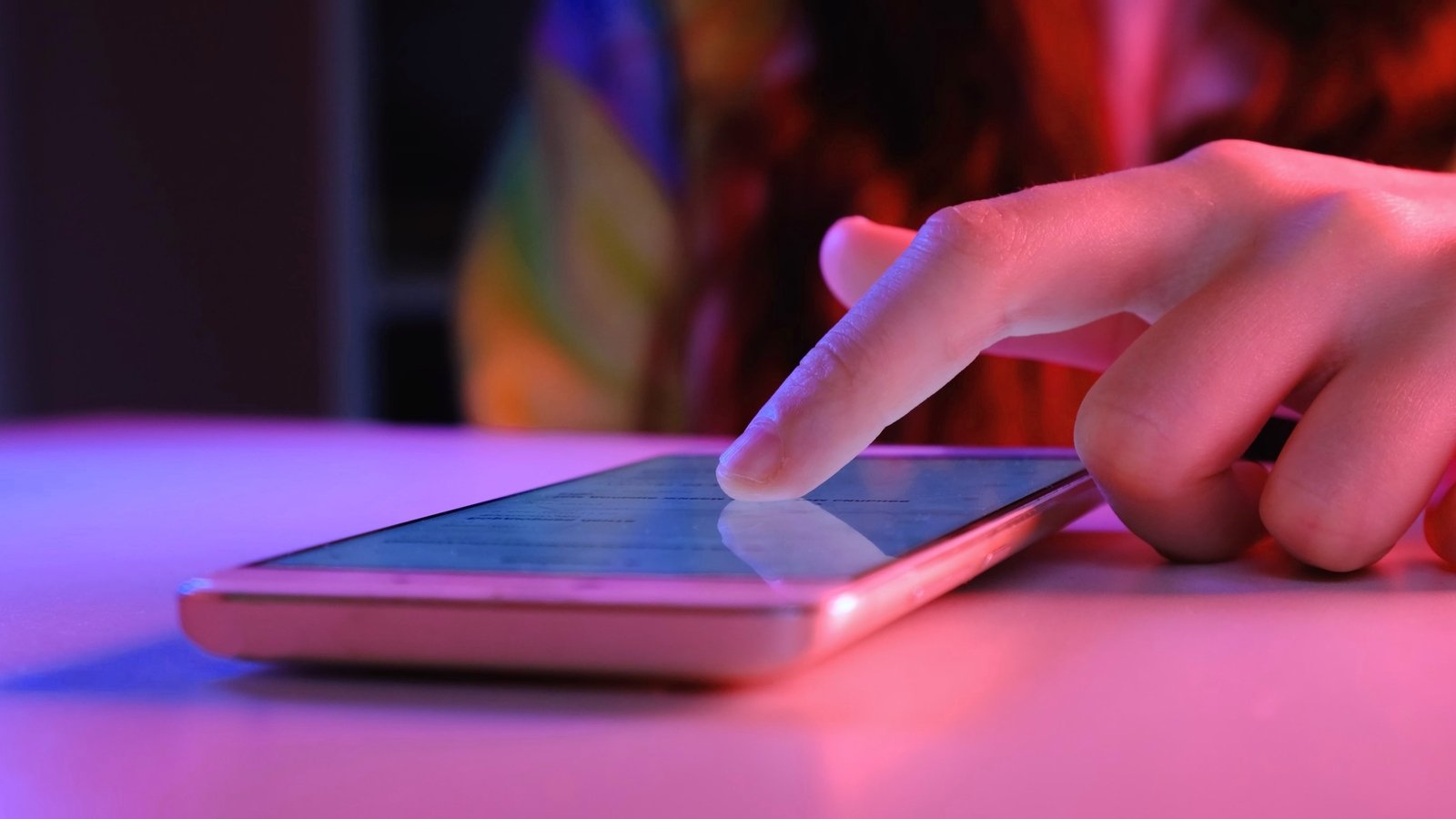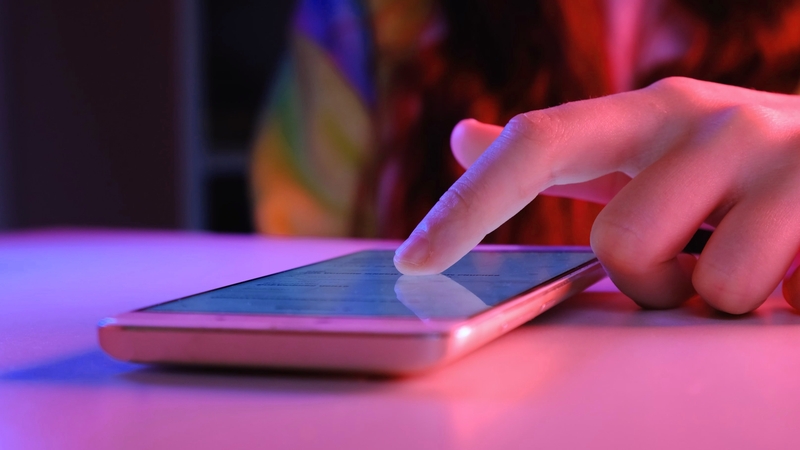One-in-five secondary teachers experienced cyberbullying


Almost one-in-five secondary school teachers who responded to a new survey said they have experienced some form of work-related cyberbullying.
The research by Red C, carried out on behalf of the Association of Secondary Teachers, Ireland (ASTI), shows that the most common form of abuse is receiving angry, rude and vulgar messages or having such messages being posted online.
Other forms of cyberbullying reported included videos of teachers being uploaded without their consent; trolling – harmful, untrue or cruel comments being posted online; fake websites or profiles; accounts being hacked; and private information being posted about teachers.
According to the survey, the majority of work-related cyberbullying is perpetrated by students, but parents accounted for 20% of incidents.
One in nine of those subjected to cyberbullying said it was an ongoing problem and for three in ten, it has happened more than once.
“Teachers described their experience of cyberbullying as impacting on their self-confidence, undermining their sense of self-efficacy and leading them to doubt their sense of authority in the classroom,” said ASTI President Geraldine O’Brien.
“We must protect school communities from this scourge, with strong school policies, strong legislation and increased accountability for social media platform providers,” Ms O’Brien said.
The research – ‘Digital Technology and its Impact on Teachers’ Working Lives’ – is based on a survey of 1,920 ASTI members including classroom teachers, principals and deputy principals.
The study shows that teachers’ response to artificial intelligence in education is both curious and cautious.
22% said they use AI in their classroom and almost a third use it in their planning and preparation work.
However, more than 80% have concerns including data harvesting, the potential of AI to undermine professional teacher autonomy and increased teacher workload.
More than half of teachers surveyed said they receive communications from school management outside of normal work hours at least once a week, while 19% said they receive such contacts on a daily basis.
Four in five teachers surveyed said they receive emails from students outside working hours and almost half said they receive emails from parents outside working hours.
The study shows that overall, second-level teachers are enthusiastic users of technology in education, but are challenged by a lack of basic resources in schools, including access to computers and technical support.
Teachers expressed concern about a digital divide amongst students, with teachers in DEIS schools highlighting students’ lack of access to digital devices at home as having a negative impact on their ability to engage in important school work.



